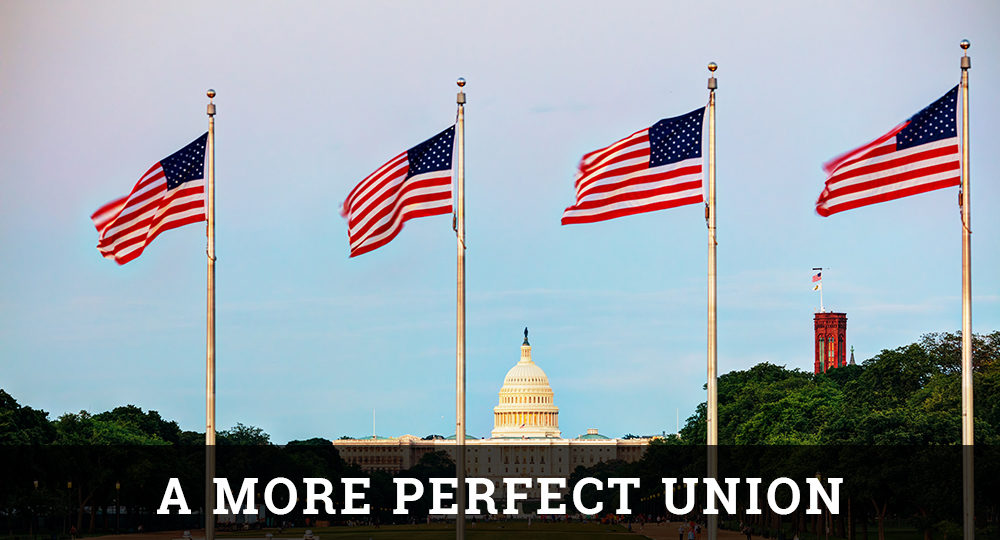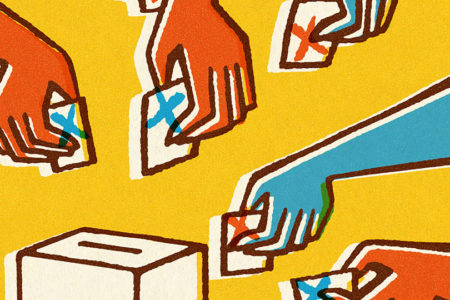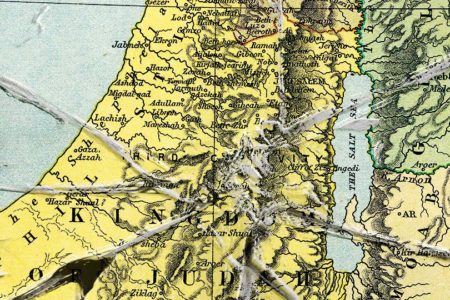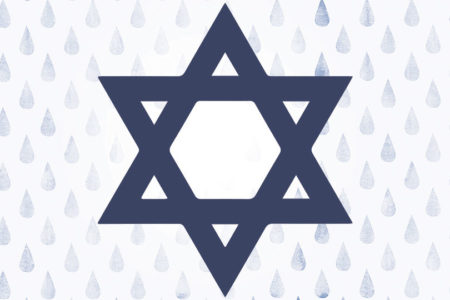Government in the Sunshine
In despotisms and tyrannies, people have no rights to be informed about the conduct of their leaders. That is not surprising, as neither their input nor their influence is wanted. In contrast, America’s constitutional form of government requires its citizens to know what is going on. We are, in essence, the government. And our elected officials govern with our consent.
From the beginning, the Obama administration has promised open disclosure about the workings of the executive branch of the federal government. Its website, open.whitehouse.gov, promises, “President Obama is committed to a more transparent federal government.” Words, of course, are the most-used political currency in Washington. So it is important to see how words line up with actions. In one instance at least, the promise seems to have been betrayed.
One of the administration’s most contentious foreign-policy issues has been the bargain it struck with Iran, an official sponsor of global terrorism. Many think it was a bad deal. Iran promised (1) to permit limited and Iranian-controlled inspections of its nuclear sites, (2) to use its plants solely for nuclear-energy production (even though it is swimming in oil), and (3) not to use its centrifuges to enrich military-grade uranium capable of arming nuclear warheads.
America, in return, agreed to (1) lift sanctions against Iran and (2) release back to that country (with no strings attached) $100 billion, frozen because of Iran’s past illegal activities. Even more shocking, however, is the backstory behind those negotiations.
Originally, the Obama administration’s official position was that talks began only after, and in fact because, “moderates” were elected to the Iranian government in 2013. In a December 2013 press briefing, Fox News reporter James Rosen asked State Department spokesperson Jennifer Psaki whether negotiations actually started in 2011 and whether, in the interest of secrecy, the administration had lied.
Psaki replied, “There are times where diplomacy needs privacy in order to progress. This is a good example of that.” Deputy National Security Adviser Ben Rhodes recently admitted the same thing to The New York Times in David Samuels’ article “The Aspiring Novelist Who Became Obama’s Foreign-Policy Guru” (May 5, 2016). Negotiations actually did begin in 2011, though the American people were told they started two years later due to a kinder and gentler Iranian leadership.
Earlier this year, almost three years later, Rosen happened to check the State Department YouTube site where all press briefings are made public, as part of the administration’s “transparency” program. To his astonishment, the all-important admission of deceit by Jen Psaki was missing. All federal documents, including videotapes of press briefings, are public and required to be preserved. In fact, mere months before the videotape editing incident, the National Archives, which has the responsibility to keep and preserve public documents, sent a bulletin to the head of the State Department as a reminder not to tamper with official documents, including videotapes.
The American Center for Law and Justice (ACLJ), where I serve as special counsel, has made a formal demand to the State Department under the Freedom of Information Act (FOIA) for answers about who gave the order to tamper with the video and why. At first, the State Department called the erasure a mere “glitch.” Then it admitted the act was deliberate. The ACLJ is awaiting further responses from the State Department, but things are looking more and more like a cover-up.
The right of Americans to know the business of their government is a foundation for a free republic. It is the starting point for evaluating Washington’s successes and failures and tells us when we need, through the election process, to make corrections. Darkness and shadows befit tyranny more than liberty. Ultimately, this issue is laid at the voting public’s doorstep.
It doesn’t do any good to complain about the darkness if we don’t advocate for sunshine. As believers, it is our duty and privilege to pray and work toward a government where the people are informed, our leaders hear from us, and the lights are kept on.








